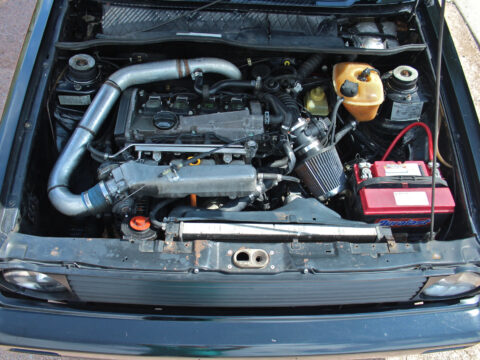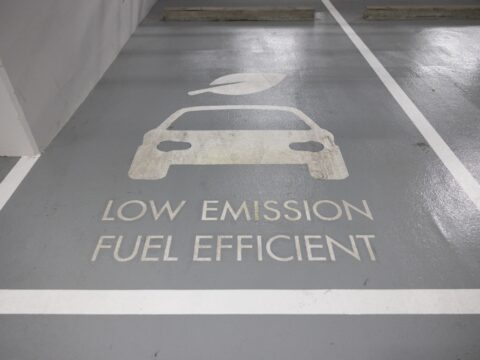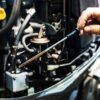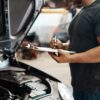Unexpected car repairs can put a significant dent in your budget, but being financially prepared can help you navigate these surprises with ease. Here, we’ll explore the most common emergency car repairs you might face and break down the costs involved. From tire replacements to brake system repairs, knowing what to expect can help you build a robust emergency fund and avoid financial stress.
Contents
Tire Replacement: $400 – $1,600+
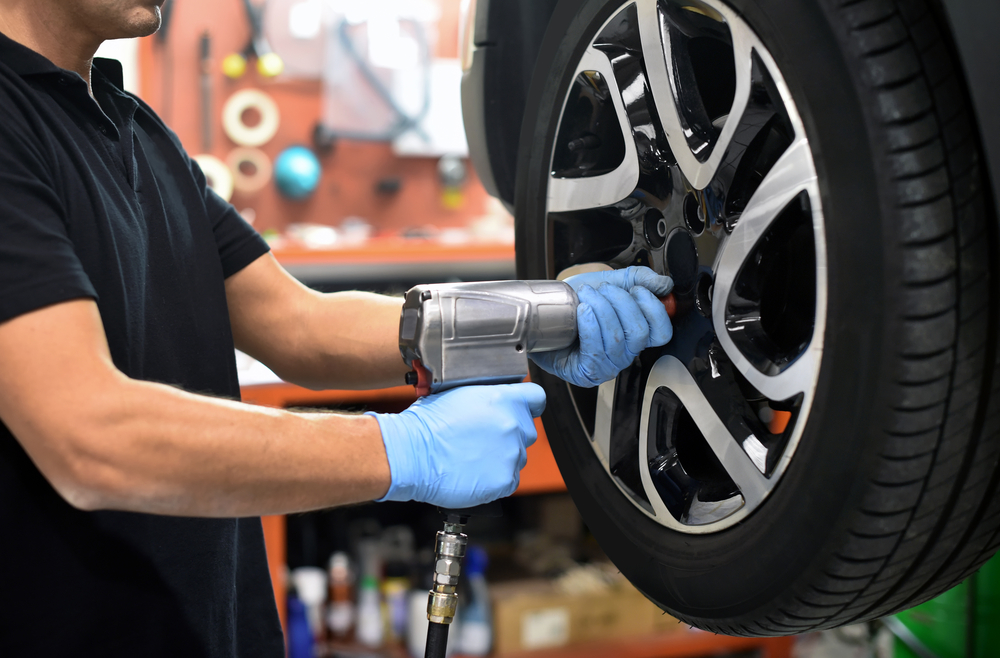
Tire replacement is one of the most common emergency repairs. Depending on your vehicle’s make and model, and whether you opt for budget or high-performance tires, the cost can vary significantly. Tire prices are also influenced by the tire brand, type, and local labor rates. Regular tire maintenance can prolong their life, but eventually, all tires wear out and need replacement. It’s wise to have an emergency fund covering at least three to six months’ worth of living expenses to handle such unexpected costs.
Spark Plug Replacement: As little as $10
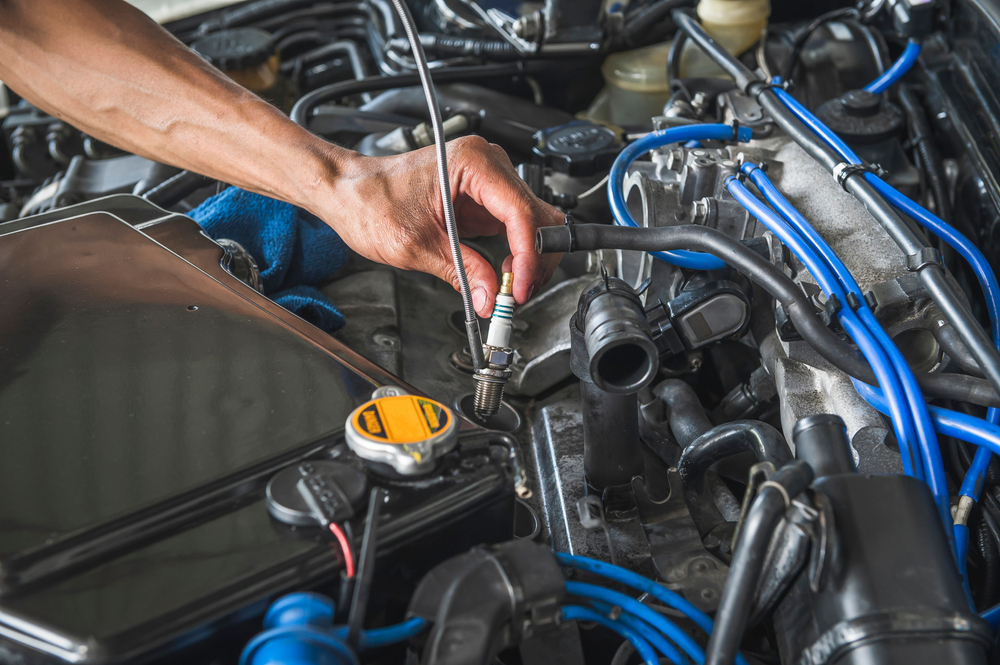
Spark plug replacement is typically a minor expense but essential for your car’s engine performance. While the parts themselves are relatively cheap, labor costs can increase the overall expense, especially in vehicles where accessing the spark plugs is more complex. Regularly replacing spark plugs as part of routine maintenance can prevent more significant engine issues down the line. Preparing financially for such repairs ensures you’re not caught off guard.
Routine Maintenance: Budget at least $100 per month

Routine maintenance includes oil changes, filter replacements, fluid checks, and tire rotations. While individually these services may not be costly, the expenses add up over time. Staying on top of routine maintenance helps avoid more significant and costly repairs. Having a budget of at least $100 per month set aside ensures you can keep up with these necessary services without financial strain.
Fuel Pump Replacement: $400 – $800+
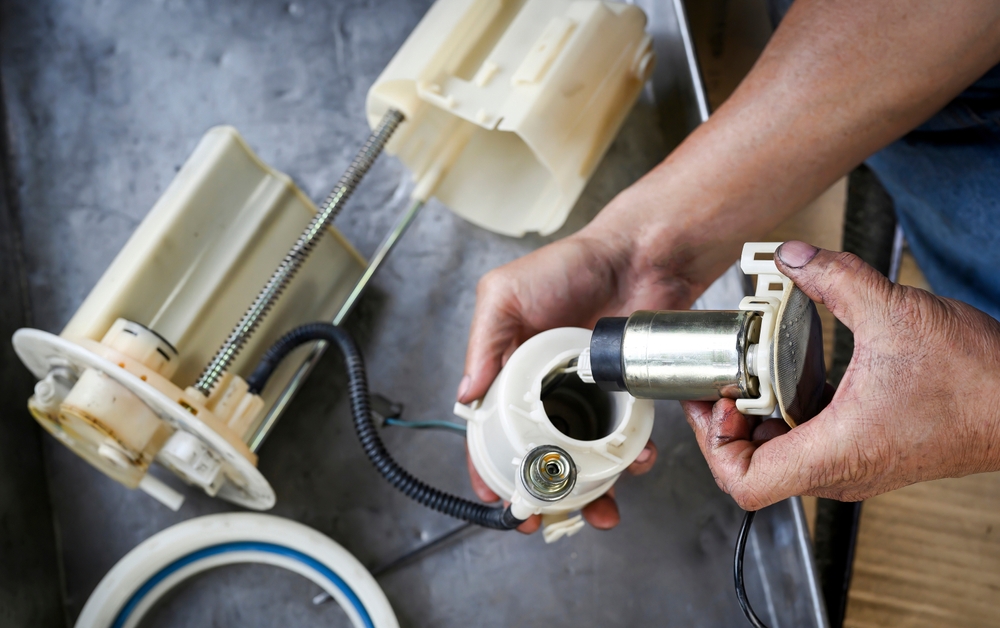
The fuel pump is crucial for delivering fuel to your engine. When it fails, your car can become undriveable, necessitating an immediate repair. The cost varies depending on the vehicle’s make and model and the labor rates in your area. Because fuel pumps are located within the fuel tank, replacing them involves significant labor. Financially preparing for such a repair can prevent you from being stranded without a functional vehicle.
Brake System Repair: $350 – $750+
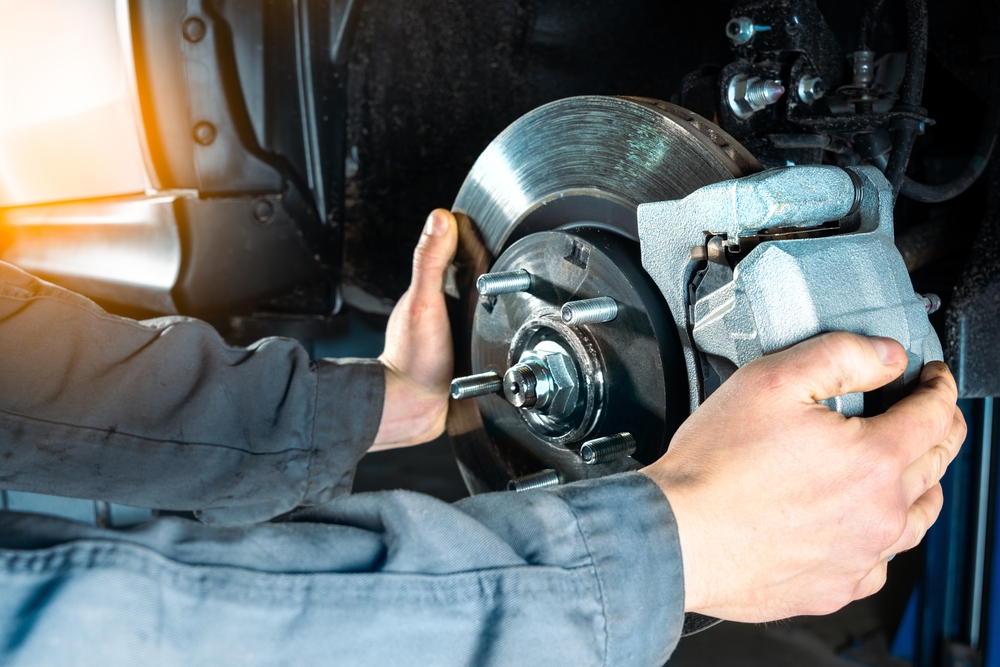
Brake system repairs can include replacing pads, rotors, and calipers. The cost depends on the specific components that need replacement and the vehicle’s make and model. Neglecting brake maintenance can lead to more extensive and expensive repairs. Regular inspections and timely replacements can keep these costs manageable. An emergency fund helps cover these essential safety repairs without financial stress.
Transmission Repair: $1,000 – $3,500+
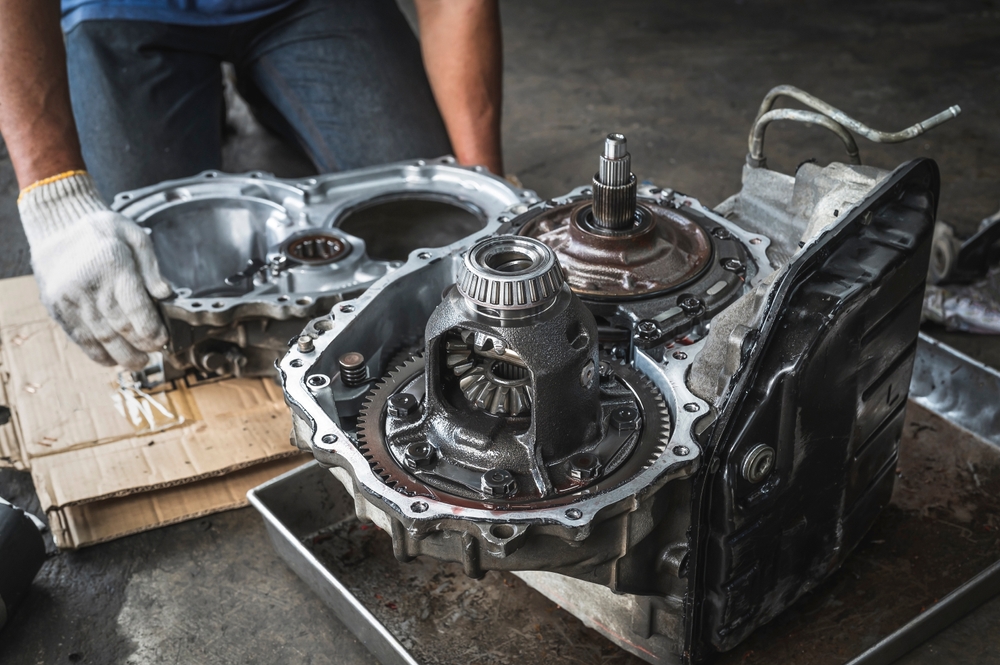
Transmission repairs are among the most expensive car repairs due to the complexity of the system. Costs can vary widely based on the issue and the vehicle type. Regular maintenance, such as fluid changes, can help prolong transmission life. However, unexpected issues can still arise, making it crucial to have a robust emergency fund to cover these potential expenses.
Alternator Replacement: $500 – $1,000+
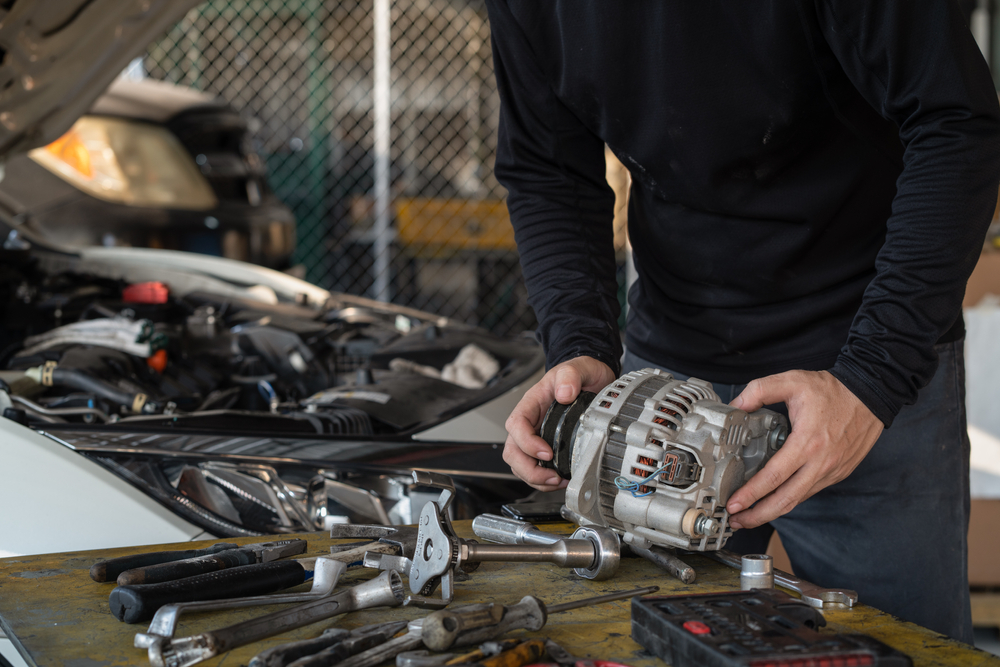
The alternator charges the car battery and powers the electrical system while the engine is running. A failing alternator can leave you stranded with a dead battery. Replacement costs vary depending on the vehicle and labor rates. Regular battery and electrical system checks can help identify alternator issues early. Financial preparation for such repairs ensures you can address them promptly.
Timing Belt Replacement: $500 – $1,000+
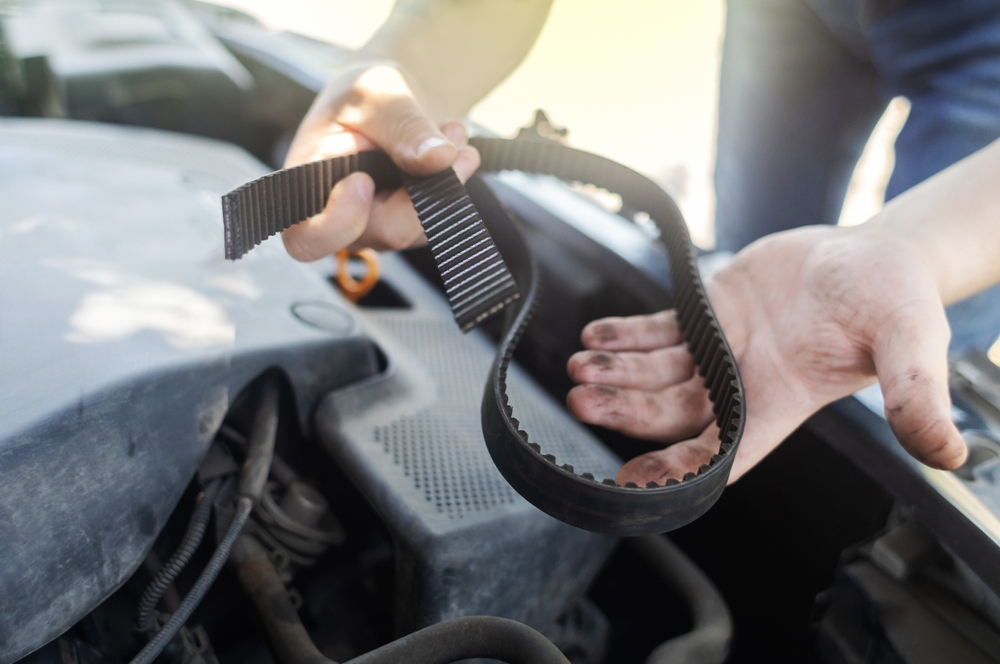
The timing belt synchronizes the engine’s camshaft and crankshaft. If it breaks, it can cause significant engine damage. Replacement costs vary by vehicle type and labor complexity. Regular inspection and timely replacement based on the manufacturer’s recommendation can prevent unexpected breakdowns. Having an emergency fund helps manage this significant yet essential repair.
Water Pump Replacement: $300 – $750+
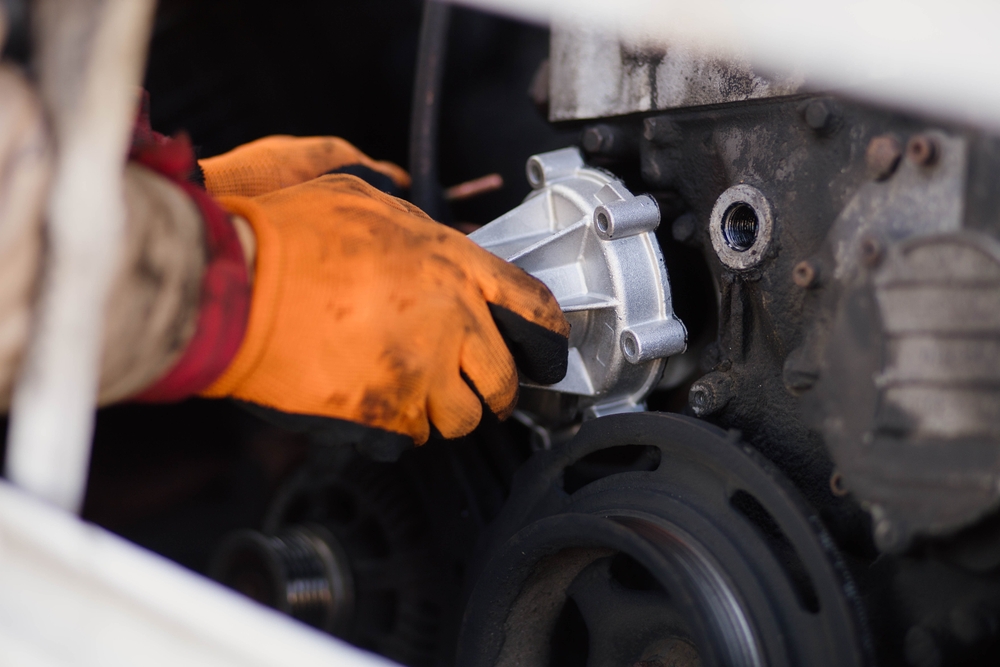
The water pump is vital for regulating the engine’s temperature. A failing water pump can lead to engine overheating and severe damage. Replacement costs depend on the vehicle and labor rates. Regular cooling system maintenance can help prevent water pump failures. Financial readiness for such repairs ensures you can handle them without disrupting your budget.
Exhaust System Repair: $200 – $600+
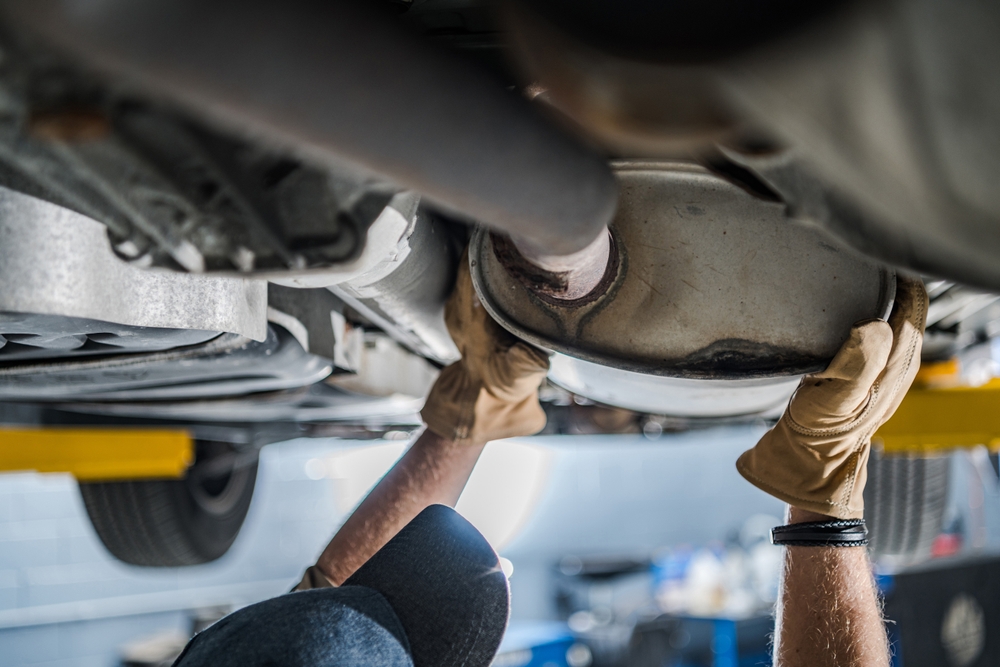
The exhaust system controls emissions and ensures the engine runs efficiently. Issues can range from minor leaks to complete system replacement. Costs vary based on the extent of the repair and the vehicle type. Regular inspections can help catch problems early. An emergency fund for such repairs ensures compliance with emission standards and optimal vehicle performance.
Suspension System Repair: $400 – $1,500+
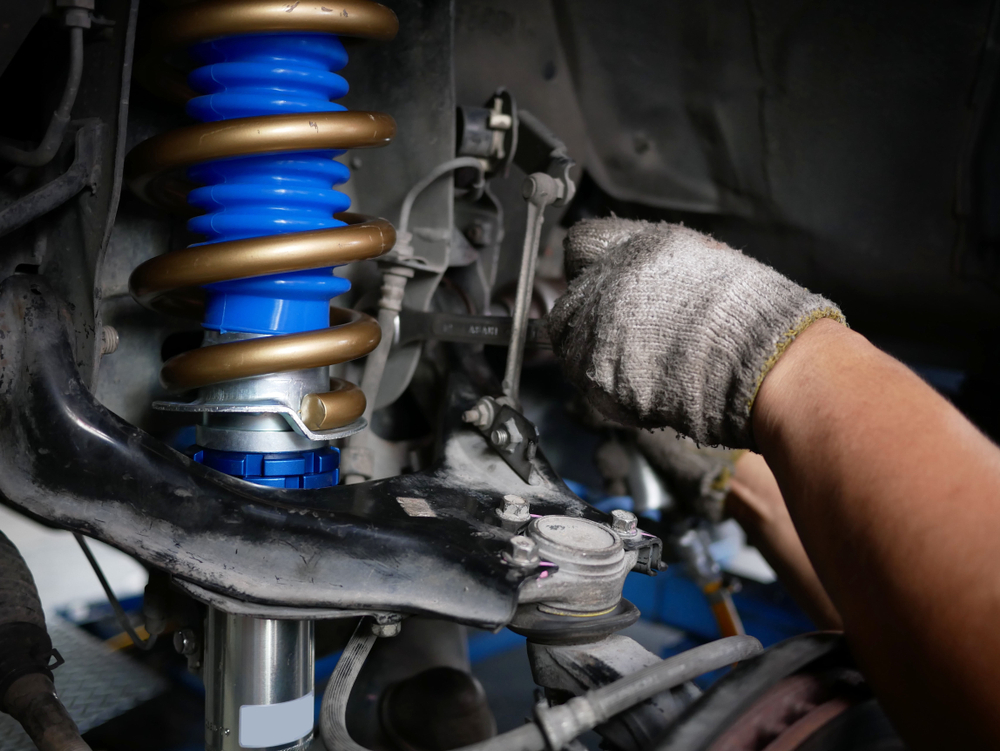
The suspension system ensures a smooth ride and affects the vehicle’s handling. Repairs can involve replacing shocks, struts, or other components. Costs depend on the specific parts and labor rates. Regular checks and maintenance can help avoid major suspension issues. Financial preparation for these repairs helps maintain ride quality and vehicle safety.
Radiator Replacement: $300 – $900+
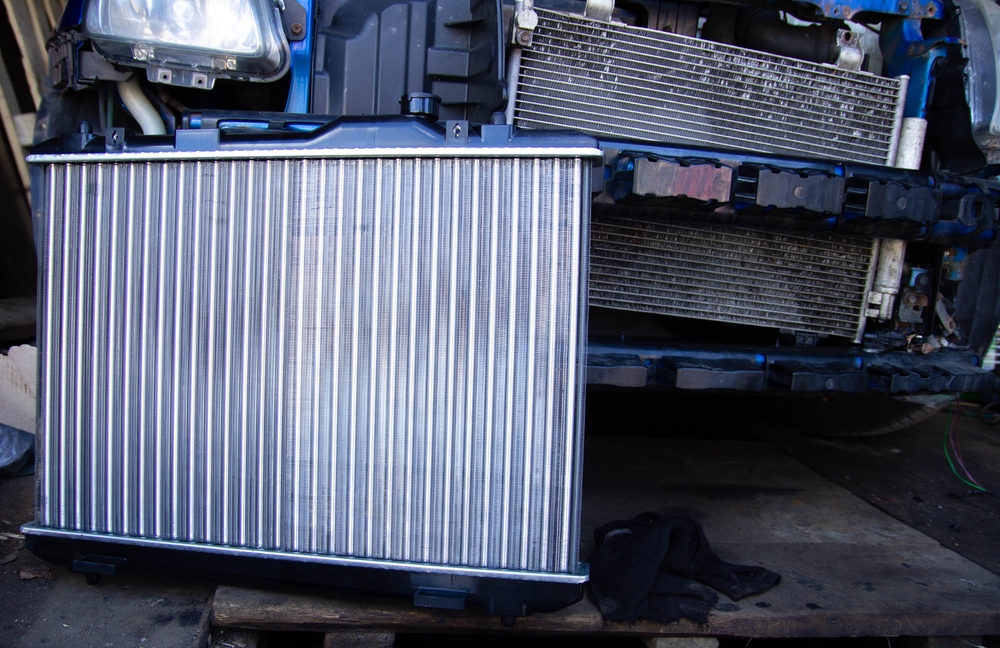
The radiator helps keep the engine cool. A failing radiator can lead to overheating and engine damage. Replacement costs vary based on the vehicle and labor. Regular cooling system maintenance can prolong radiator life. Being financially prepared for such repairs ensures you can address them promptly, avoiding more extensive engine damage.
Clutch Replacement: $500 – $1,500+

Clutch replacement is essential for manual transmission vehicles. Costs vary widely based on the vehicle and labor involved. Regular driving habits and maintenance can extend clutch life. Financial readiness for clutch repairs helps you manage these significant yet necessary expenses without strain.
This article originally appeared on MyCarMakesNoise.
More from MyCarMakesNoise
10 Car Modifications That Will Transform Your Vehicle

In the realm of automotive enthusiasts, personalizing an import car is more than just a hobby; it’s an expression of individuality and passion. This article is a guide tailored for those looking to elevate their vehicles beyond the ordinary. Read More
10 Companies Revolutionizing Self-Driving Vehicles

The automotive landscape is undergoing a transformative shift as the autonomous era unfolds, with technology paving the way for self-driving vehicles. In this dynamic and groundbreaking industry, several companies are at the forefront, driving innovation and shaping the future of transportation. Read More
10 Impressive Car Brands You Might Not Know About

In the vast world of automobiles, beyond the well-trodden path of renowned brands, lies a trove of lesser-known car manufacturers that offer exceptional value without compromising on quality and performance. Read More

